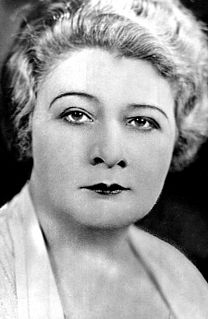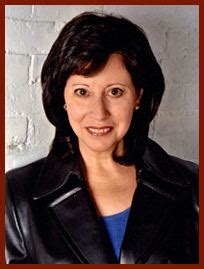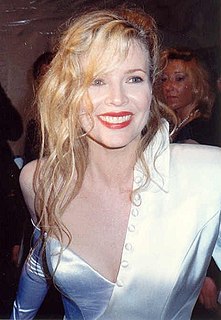A Quote by Maurice Sendak
In another project I worked on just a few years ago, a staging of Peter and the Wolf, which I translated into Yiddish and sang on a stage in New York City. Thank God very few people knew I was doing it! But the kids in the audience loved it - even though it was all in Yiddish.
Related Quotes
Even though I loved the song [My Yiddish Momme] and it was a sensational hit every time I sang it, I was always careful to use it only when I knew the majority of the house would understand Yiddish. However, you didn't have to be a Jew to be moved by 'My Yiddish Momme.' 'Mother' in any language means the same thing.
I have another aspect of my career where I'm a scholar of Yiddish and Hebrew literature, and I'll say that when you study Yiddish literature, you know a whole lot about forgotten writers. Most of the books on my shelves were literally saved from the garbage. I am sort of very aware of what it means to be a forgotten artist in that sense.
I went to the University of Georgia for a year before I left, and then I went to live with Eileen Ford in New York for the modeling agency. I thank god I could do that because all the other kids were getting jobs doing other things, and when I got to New York, I was very blessed. I didn't have to stop and be a waitress. I started making money at a very young age and was just very lucky.
Yiddish, originally, in Eastern Europe was considered the language of children, of the illiterate, of women. And 500 years later, by the 19th century, by the 18th century, writers realized that, in order to communicate with the masses, they could no longer write in Hebrew. They needed to write in Yiddish, the language of the population.
I like to get into a lot of things besides movies. I've been very involved with a few specific efforts. We built this park in New York and it's been a very successful project... I worked on a conservation project in East Africa... Too much of this type of stuff can get you wrapped up in your own work and I love it.
As a lover of New York, I hope New York remains as successful as a city, even though the very groups on whom the city depends - like artists - are not finding it easy to stay here. That's what it's been about, really, since the 1980s. You can kind of see that coming in the 1980s even though the rents were ridiculously low compared to what the rents are now.







































